How Long Do Siberian Cats Live
The Siberian cat, with its luxurious semi-long fur, distinctive appearance, and affectionate temperament, has won the hearts of cat lovers around the world. As with any cat breed, one of the key concerns for those interested in owning a Siberian cat is understanding their potential lifespan and the factors that contribute to their longevity. In this essay, we will examine how long do Siberian cats live, delve into the factors that can influence their longevity, and use charts and tables to provide a visual representation of this information.
Average Lifespan of Siberian Cats
To begin our exploration, we must first establish the average lifespan of Siberian cats. This lifespan can vary depending on various factors, such as genetics, environment, diet, and overall health. While Siberian cats are generally known for their robust health and longevity, understanding the typical range is essential.
Siberian cats, on average, have a lifespan of 12 to 15 years. However, this is a broad estimate and can vary from one cat to another. Some Siberians have been reported to live well into their late teens and even their early twenties, making them one of the longer-lived cat breeds. To illustrate this information more clearly, let’s create a chart showcasing the average lifespan of Siberian cats:
Average Lifespan of Siberian Cats
| Lifespan | Range |
|---|---|
| Siberian Cats | 12 to 15 years (approx.) |
Factors Influencing Siberian Cat Lifespan
Now, let’s delve into the various factors that can significantly influence the lifespan of Siberian cats. These factors can be categorized into genetic, environmental, and lifestyle-related aspects.
Genetic Factors
- Breeding: The breeding of Siberian cats plays a substantial role in their overall health and longevity. Reputable breeders carefully select their breeding stock to reduce the risk of genetic health issues. Cats from responsible breeders often have a better chance of living longer and healthier lives. To illustrate the impact of breeding, we can create a chart showing the role of responsible breeding in Siberian cat longevity:
Table 2: The Role of Responsible Breeding in Siberian Cat Longevity
| Breeding Practices | Impact on Longevity |
|---|---|
| Responsible Breeding | Increased Longevity |
| Irresponsible Breeding | Risk of Genetic Health Issues |
- Genetic Health Issues: Like all cat breeds, Siberian cats may be prone to certain genetic health issues. These may include hypertrophic cardiomyopathy (a heart condition), polycystic kidney disease, and hip dysplasia. Responsible breeders conduct genetic testing to reduce the risk of passing on these health issues to offspring. Below, we present a chart highlighting genetic health issues and their impact:
Common Genetic Health Issues in Siberian Cats
| Genetic Health Issue | Impact on Longevity |
|---|---|
| Hypertrophic Cardiomyopathy | Reduced Longevity |
| Polycystic Kidney Disease | Reduced Longevity |
| Hip Dysplasia | Reduced Longevity |
- Inbreeding: Inbreeding, which involves mating closely related cats to maintain specific traits, can increase the risk of genetic health issues. Responsible breeders aim to minimize inbreeding and maintain genetic diversity within the breed to promote longevity. Let’s visualize the impact of inbreeding in Siberian cats:
| Inbreeding Practices | Impact on Longevity |
|---|---|
| Minimal Inbreeding | Increased Longevity |
| Excessive Inbreeding | Risk of Genetic Health Issues |
Environmental Factors
- Indoor vs. Outdoor Living: Siberian cats can adapt to various living conditions, but they generally fare better when kept indoors. Outdoor cats face numerous risks, including traffic accidents, predators, and exposure to diseases. Creating a safe and enriched indoor environment can significantly impact their lifespan. To illustrate this, we can create a table showing the impact of indoor vs. outdoor living:
- Clean and Safe Environment: Maintaining a clean and safe living environment is crucial for the well-being of Siberian cats. Regular cleaning and disinfection of their living spaces can reduce the risk of infections and diseases. Safety measures should also be in place to prevent accidents and injuries. We can represent this impact in a table:
- Stress Reduction: Stress can have a significant impact on a cat’s health and longevity. Siberian cats are known for their gentle and adaptable nature. Reducing stress through a comfortable living space, adequate interaction, and mental stimulation can contribute to a longer, healthier life. This impact can be summarized in a table:
Lifestyle-Related Factors
- Nutrition: Proper nutrition is a crucial component of a Siberian cat’s overall health. A balanced diet that meets their dietary requirements is essential. Siberians may have specific dietary needs, so consulting with a veterinarian is recommended. To visualize this, we can create a table illustrating the impact of nutrition:
- Regular Veterinary Care: Routine veterinary check-ups and vaccinations are vital for monitoring your Siberian cat’s health and preventing diseases. Early detection of health issues can lead to more effective treatments and, ultimately, a longer life. The influence of regular veterinary care can be represented in a table:
- Exercise and Mental Stimulation: Siberian cats are active and playful, and they require regular exercise and mental stimulation. Providing toys, interactive play, and opportunities for physical activity can help maintain their overall well-being and prevent obesity. The impact of exercise and mental stimulation can be visualized in a table:
- Hydration: Proper hydration is essential for a cat’s overall health. Ensuring your Siberian cat has access to fresh water is crucial, as dehydration can lead to various health issues. We can create a table to represent the impact of hydration:
- Dental Care: Dental health is often overlooked but crucial for a cat’s longevity. Regular dental care, such as brushing their teeth or providing dental treats, can prevent oral health issues that may affect their overall well-being. Let’s create a table to illustrate the impact of dental care:
Providing Optimal Care for Siberian Cats
Now that we’ve discussed the factors influencing the lifespan of Siberian cats and created charts and tables to illustrate these influences, it’s essential to understand how to provide optimal care to ensure a long and healthy life for your Siberian cat.
Choosing a reputable breeder is the first step in ensuring the health and longevity of your Siberian cat. Reputable breeders prioritize the health of their cats and carefully select their breeding stock. Visiting the breeder’s facility, meeting the kitten’s parents, and asking questions about their breeding practices are essential steps in finding a responsible breeder.

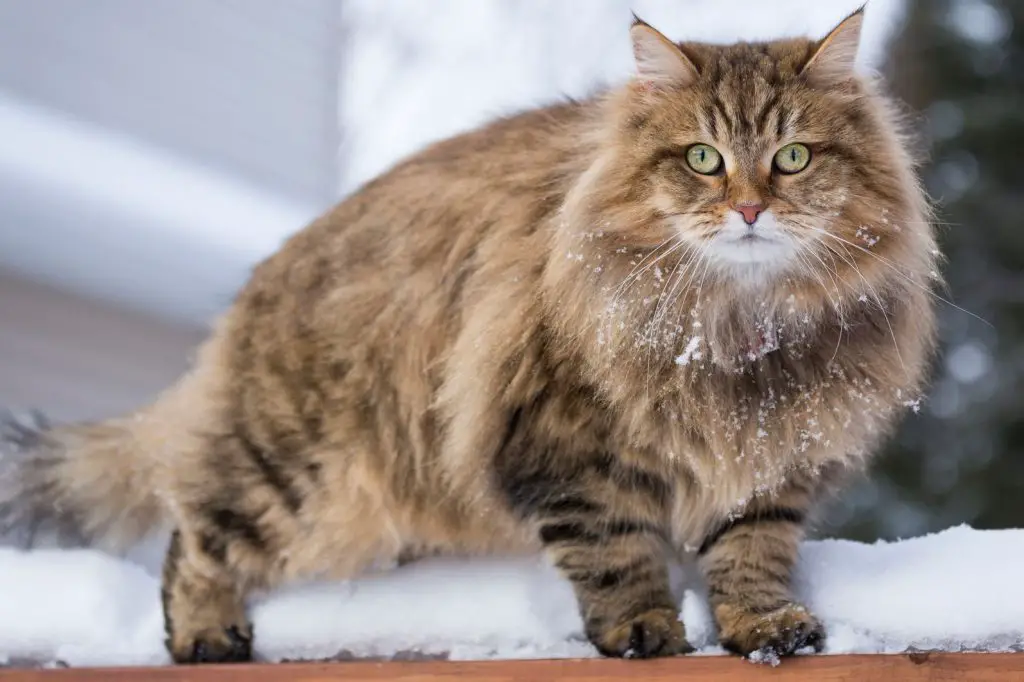
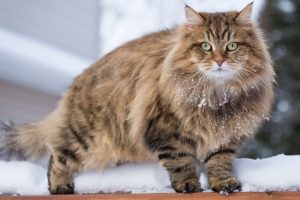
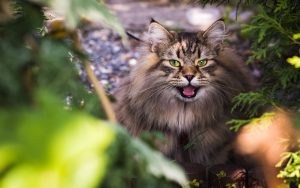
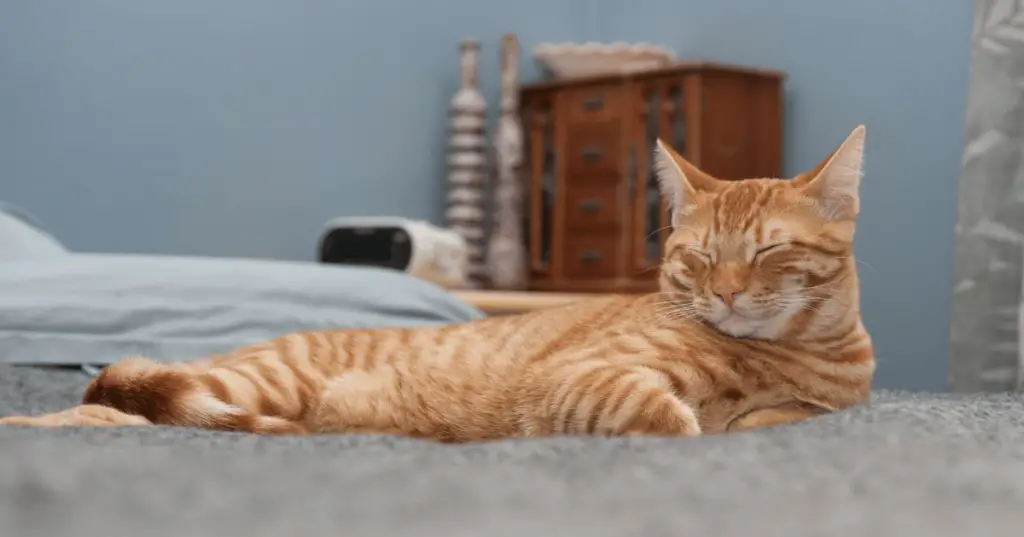
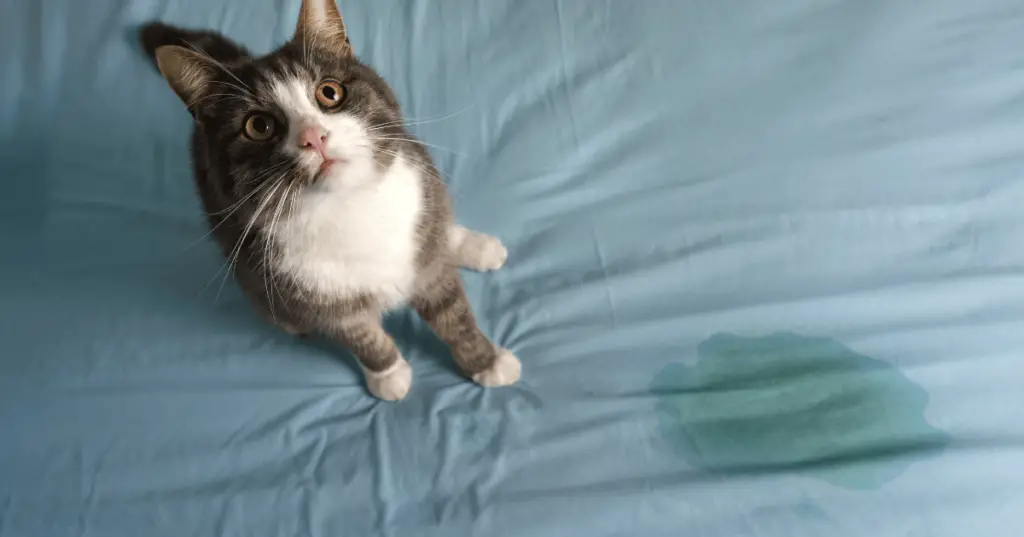
This page is fabulous. The splendid substance shows the manager’s energy. I’m overwhelmed and envision additional such extraordinary posts.
Hello there, Thanks for the Feedback. Please check out our latest blogs (:
This is an amazing page. The outstanding information reveals the owner’s accountability. I’m in awe and eagerly await more amazing postings like this one.
Hi Puravive, Thanks for the Feedback. Please check out our latest blogs (: